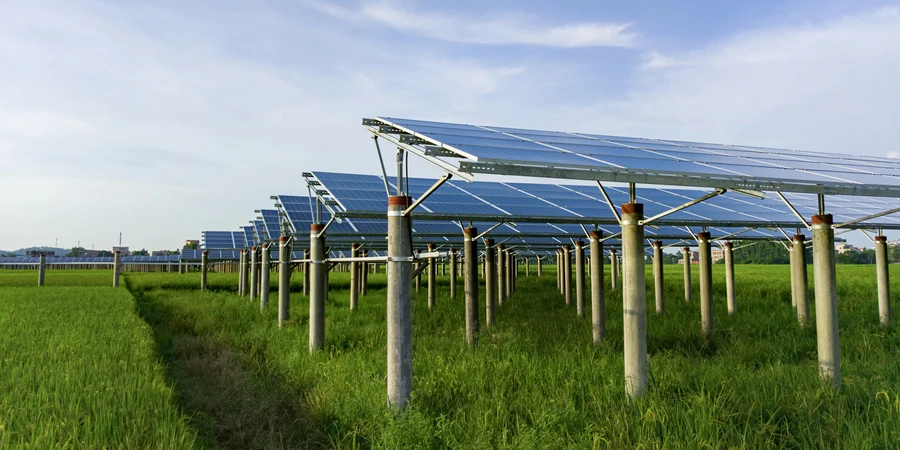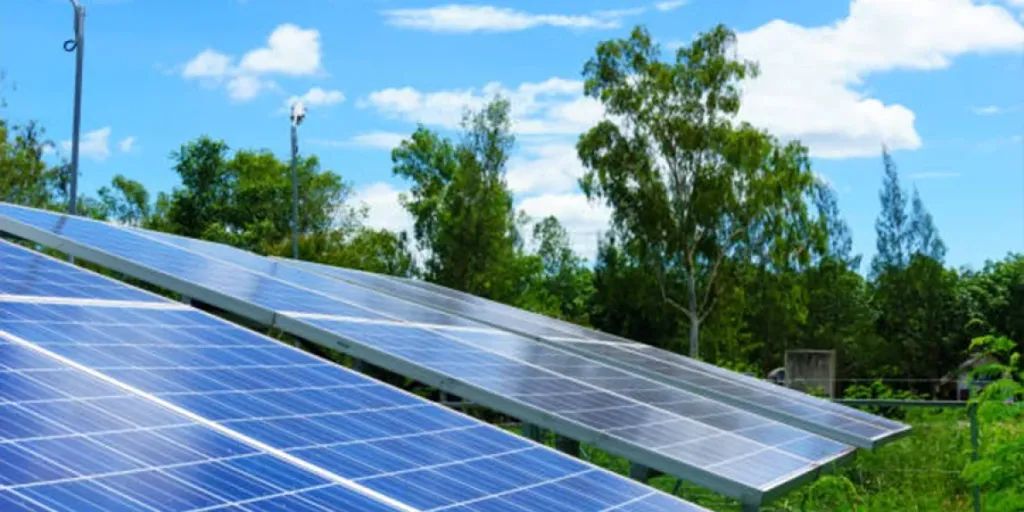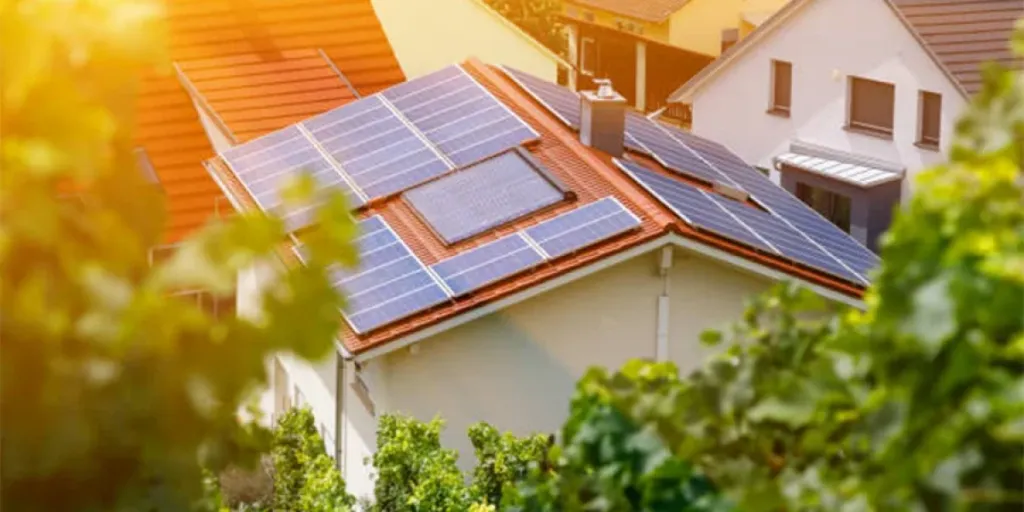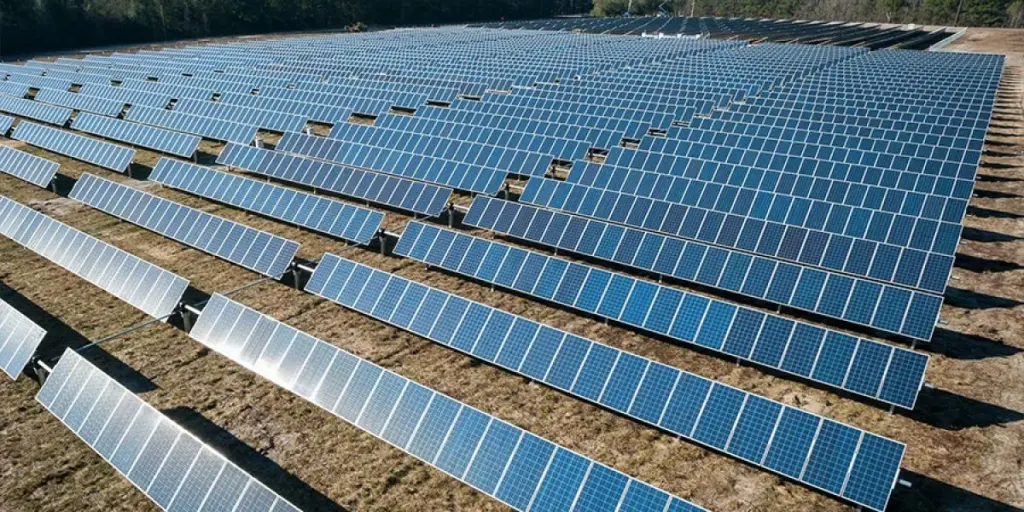- Italia Solare has objected to the government decree banning ground-mounted solar plants on agricultural land
- It counts this to lead to a loss of around €60 billion while also jeopardizing the achievement of the country’s 2030 solar targets
- The association demands the government clearly identify areas to promote ground-mounted solar and simplify the permitting process
The Italian solar energy association Italia Solare has warned that the government’s decision to ban solar PV installations on agricultural sites will lead to a loss of approximately €60 billion. This €60 billion ($64.4 billion) comprises at least €45 billion ($48 billion) of direct private investments, €1 billion ($1.1 billion) loss under the National Recovery and Resilience Plan (PNRR), €2 billion ($2.15 billion) of lost revenues from the IMU taxation of the plants, and €11 billion ($11.8 billion) in taxes and compensation for municipalities.
Italia Solare called the government line uncertain and oscillating and a serious mistake that will slow down solar PV’s development. It will be a blow to the country’s achievement of its PV target of 50 GW by 2030 since installing ground-mounted systems on only 1% of unoccupied agricultural land can help install 50% of this capacity, says the association. The remaining 50% can be installed on the rooftops.
“Believing that photovoltaics should only be built on buildings, on compromised areas would be a very serious mistake: just be aware that this will inevitably result in energy at higher costs, with construction times for the systems evidently extended and incompatible with the 2030 objective,” Italia Solare writes in its letter to the government.
It recommends the government clearly identify the areas where the PV plants can be built and prepare a consolidated text on authorization procedures that simplify and accelerate installations.
The association is responding to the Italian government issuing a decree to introduce a ban on the installation of new ground-mounted PV systems and the extension of existing ones in areas classified as agricultural by urban planning plans.
Solar systems will continue to be installed in quarries, mines, areas under concession to the State Railways and airport concessionaires, areas protecting the motorway strip, and those inside industrial plants, according to the government.
Interestingly, the Ministry of the Environment and Energy Security (MASE) published a decree earlier this year to support a minimum of 1.04 GW agrivoltaic capacity after the European Commission approved €1.7 billion in November 2023 for the purpose (see Italy Publishes Decree For Agrivoltaic Deployment).
“The problem that seems to generate conflicting indications is only one: the presumed impact of photovoltaics on agriculture and the landscape,” writes the President of Italia Solare, Paolo Rocco Viscontini, in a letter to the government. “The MASE spends itself to encourage the diffusion of photovoltaics with cost-effectiveness criteria; MASAF (Ministry of Agriculture, Food Sovereignty and Forestry)- presumably pushed by some agricultural association – carries out a ban to avoid a (non-existent) subtraction of land from agriculture; the MIC (Ministry of Culture) slows down authorization measures in all locations, complaining about the alleged landscape impact of photovoltaics.”
On the other hand, the Italian agricultural association Coldiretti is happy with the government’s decision to protect national agriculture by banning ground-mounted solar and encouraging solar systems on the rooftops.
Citing a Coldiretti Giovani Impresa study, the agriculture association says using rooftops of stables, farmhouses, warehouses, barns, processing laboratories and agricultural structures for solar panels can help generate 28,400 GWh of clean energy.
Additionally, it cites research from the Divulga Research Centre that claims solar systems already installed on 10% of the roofs can help generate PV power of between 59 GW and 77 GW.
Source from Taiyang News
Disclaimer: The information set forth above is provided by Taiyang News independently of Chovm.com. Chovm.com makes no representation and warranties as to the quality and reliability of the seller and products.




